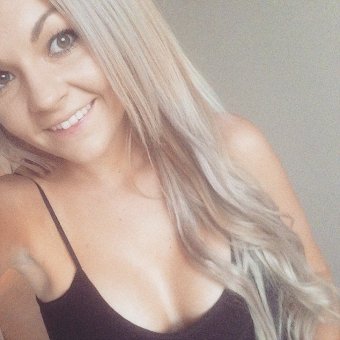The New South Wales Health Minister is seeking advice on whether to tighten legislation for the cosmetic industry after a second woman suffered a cardiac arrest during a breast augmentation at a Sydney clinic.
Jillian Skinner on Thursday sent a team of inspectors from the Private Health Care Unit to inspect The Cosmetic Institute’s (TCI) facilities.
On Wednesday, the unnamed Victoria woman’s heart briefly stopped beating during a routine breast enhancement procedure at TCI’s Bondi clinic.
She was rushed to St Vincent’s Hospital by ambulance where she remains in a stable condition.
It is the second time this year a patient has suffered a cardiac arrest while undergoing a breast augmentation at a TCI clinic.
It also comes two weeks after the ABC revealed TCI is under investigation by the Health Care Complaints Commission (HCCC) for alleged misuse of anaesthetics.
TCI said the incident was still being investigated, but they did not believe the patient’s cardiac arrest was caused by an overdose of local anaesthetic.
“The dosage of local anaesthetic administered by TCI during its procedures is well within the published recommended prescribed dosage range,” TCI said in a statement.
“Our medical team is of the opinion, based on information to hand and subject to further investigation, that the incident was a result of a vagal response.”
In January this year, another TCI patient, 21-year-old Amy Rickhuss, was rushed to Westmead Hospital after she went into cardiac arrest during her breast enhancement procedure.
What caused Ms Rickhuss’ cardiac arrest is unknown, but the HCCC is investigating reports she was given the drug Intralipid, which is used to reverse the effects of local anaesthetic toxicity.
TCI has told the ABC Ms Rickhuss was not given a general anaesthetic during her procedure.
Ms Rickhuss’ cardiac arrest prompted the Australasian College of Cosmetic Surgery (ACCS) to write to the New South Wales HCCC, calling for an investigation.
The letter, sent to the HCCC in March, said senior members of the College were “concerned that The Cosmetic Institute may be placing patients at risk … by providing surgery under deep sedation while not being properly licensed to do so”.
TCI is not licensed to use deep sedation or general anaesthesia in its Parramatta and Bondi clinics.
Ms Skinner said her inspectors on Thursday issued a formal notice to TCI confirming they are only permitted to provide conscious sedation on these premises.
Health experts voice concerns about cosmetic industry
Professor Merrilyn Walton, a former commissioner for the HCCC and professor of medical education at the University of Sydney, said she was concerned cosmetic procedures were increasingly being done in unlicensed facilities.
“Twenty years ago, cosmetic surgery would have been done in licensed premises, because you could only do an invasive procedure with a general anaesthetic,” she said.
“But today, with the improvement in drugs, they’re being done in doctor’s rooms.
“The harm that was there 20 years ago is the same harm that exists today, but now without the safeguards.”
ACCS has called for an agreed set of national standards of education and training for cosmetic surgery.
“The College wishes [to] remind anyone considering cosmetic surgery that all surgery carries risks and that they are well informed about those risks,” it said in a statement.
“That is primarily a medical practitioner’s responsibility. But it is also a patient responsibility particularly as cosmetic surgery is a largely self-referral practice area.”
MS Skinner said she would consider whether further legislation surrounding the practice of cosmetic surgery, including location, equipment, and practitioners themselves, is required.

